In the project "From the day clinic back to school: How to successfully return to school", the particularly critical phase after discharge from the clinic was examined in more detail. The transition from a child and adolescent psychiatric day clinic back into regular school life is a challenge for patients, their parents and teachers. Teachers often express low self-efficacy in terms of their ability to deal with the individual needs of students after their discharge from a psychiatric institution. These low self-efficacy expectations can negatively affect teacher-child interactions, parental perceptions, and possibly the parent-child relationship. A possible consequence is a renewed worsening of symptoms.
This study therefore aimed to quantitatively investigate (1) the interrelationships of psychosocial and academic challenges over time and from the perspective of different individuals (children, parents, and teachers) and (2) the psychosocial and academic challenges faced by children during the transition from day care to mainstream school.
The insights gained in this study form the basis for the project DigiPuR - Digitally Supported Psychotherapy and Reintegration of Children and Adolescents with Mental Illness after (Partial) In-Patient Treatment.










